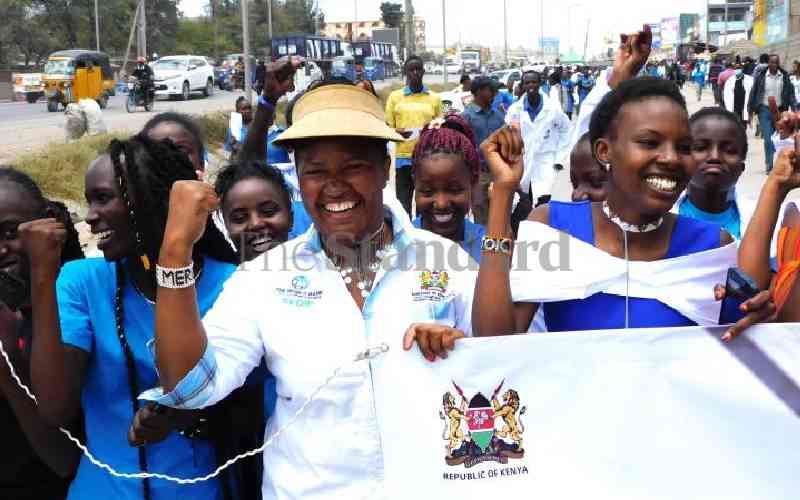×
The Standard e-Paper
Fearless, Trusted News

Traditional beliefs and cultural practices such as Female Genital Mutilation (FGM), early marriages and moranism remain the biggest drawbacks to improving literacy levels among pastoral communities.
The economic lifestyle of the Maasai community also makes it hard for them to enrol in adult education classes as they move from one place to another in search of water and pastures making learning difficult.